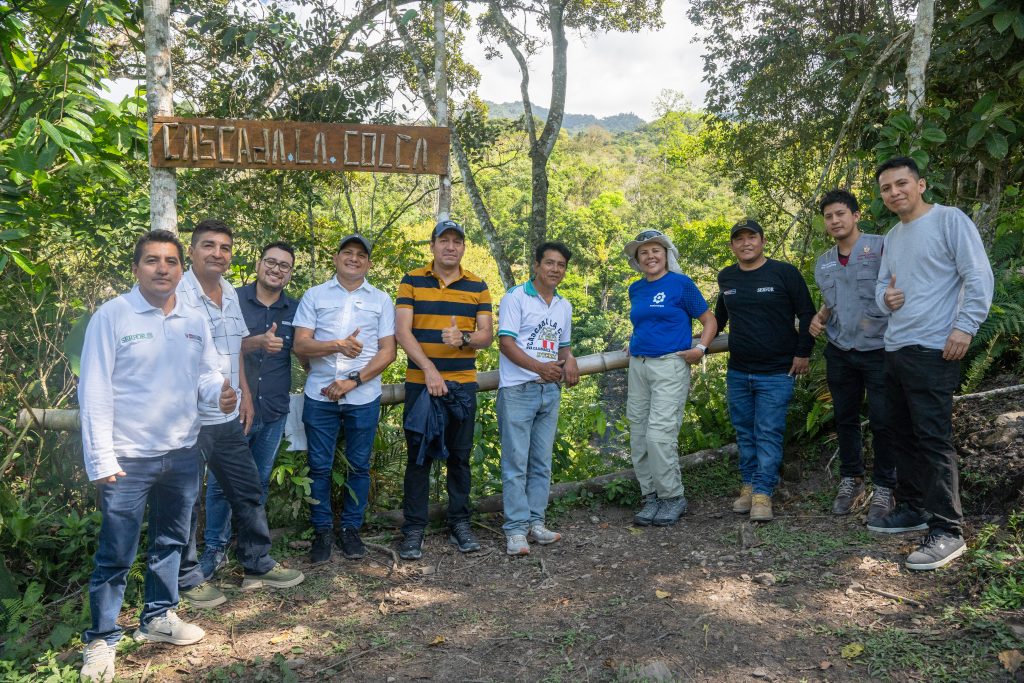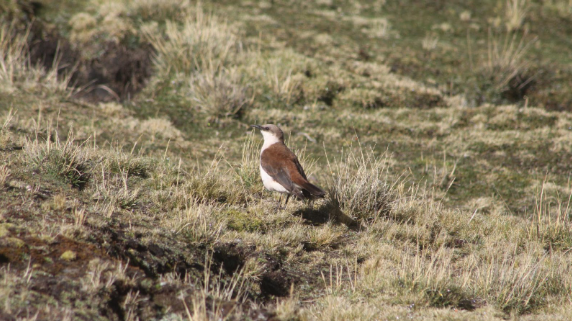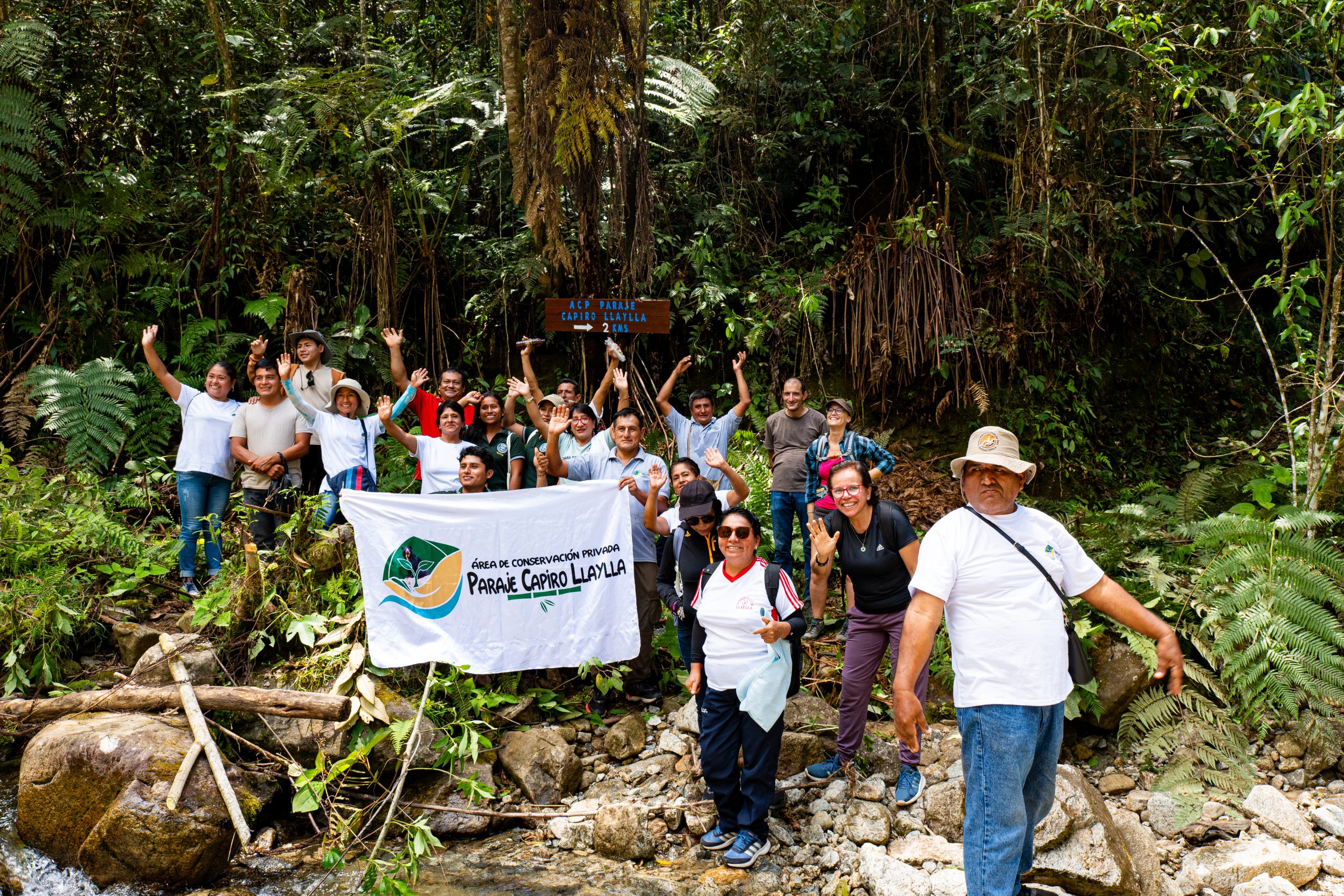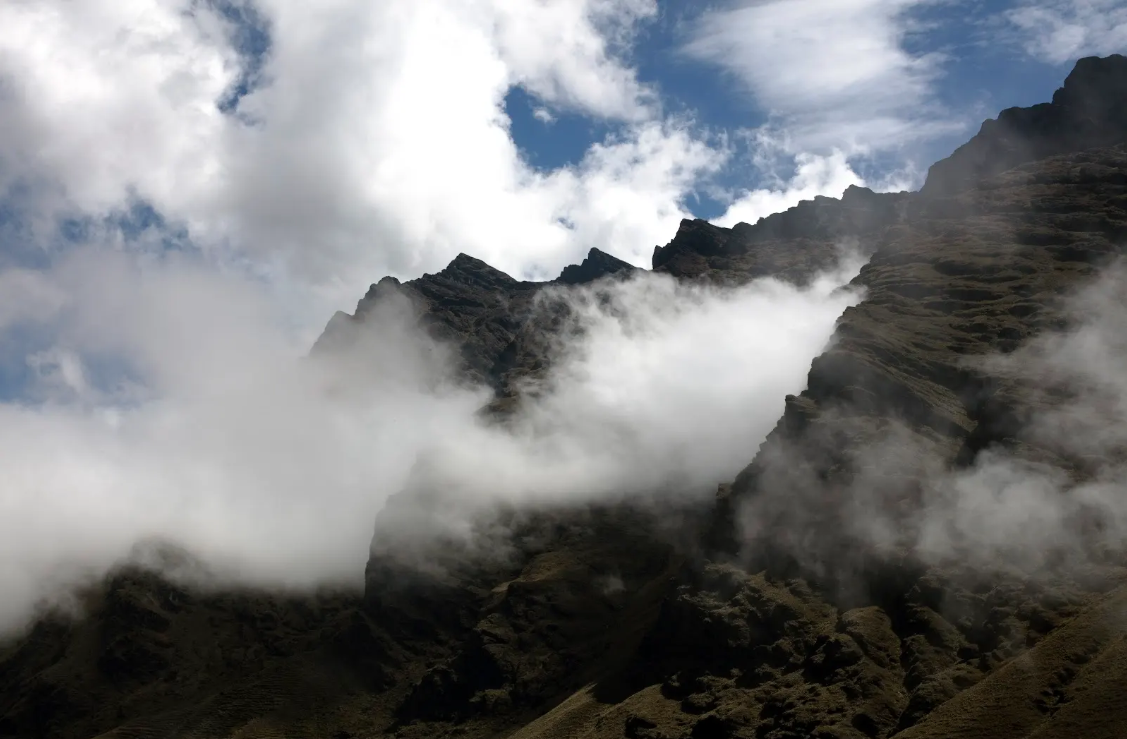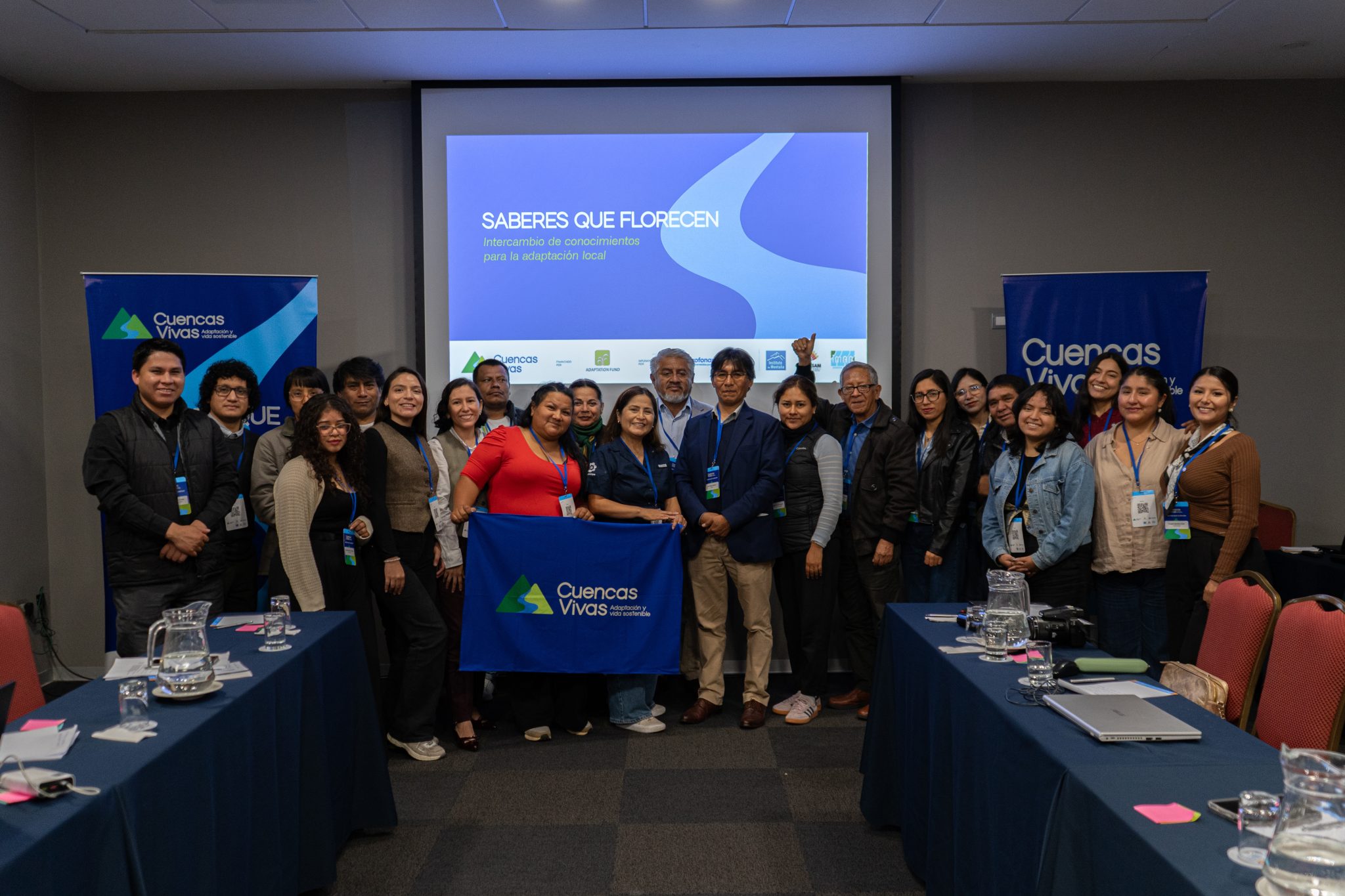On May 14 and 15, an interregional internship workshop was held in the San Martín region focusing on the implementation of Assignment in Use Contracts for Agroforestry Systems (CUSAF), with the participation of officials from the Loreto region and the technical and financial support of the Joint Statement of Intent (JSI).
The activity included a theoretical workshop in the city of Moyobamba and technical visits to CUSAF plots in the districts of Nueva Cajamarca (La Colca sector) and Alonso de Alvarado, Roque (Progreso sector), which allowed for the exchange of experiences and the strengthening of institutional capacities in sustainable forest management mechanisms.
During the meeting, officials from the Regional Government of San Martín shared their experience in the process of awarding CUSAF contracts, highlighting the progress made in the framework of forest management and the use of technological tools to facilitate the implementation of this mechanism.
San Martín: a pioneering experience at the national level
San Martín is the first region in the country with 100% approved forest zoning, which has made it possible to precisely identify the areas where agroforestry systems can be established under assignment in use contracts. In this context, it has also been the first to grant these contracts as part of a comprehensive strategy for conservation and productive use of the territory. To date, more than 1,450 CUSAF contracts have been granted in the region.
“The first major challenge was to identify the priority areas for the granting of the right and then work on socialization with potential beneficiaries,” explained Mario Torres García, head of forestry and wildlife planning at the Forest Management Directorate of the San Martín Regional Environmental Authority.
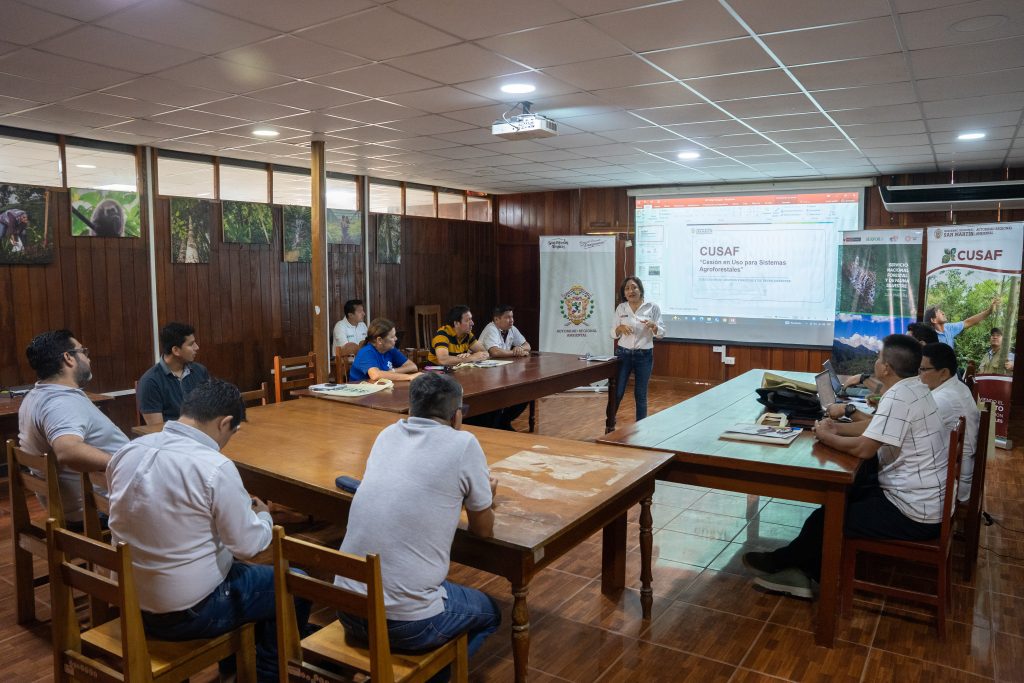
Officials from the Regional Government of San Martín, Loreto and Profonanpe at the workshop held in Moyobamba on May 14, 2025. (Photo: Profonanpe)
The process includes key stages such as; dissemination and socialization, the collection of field information, data processing and validation, and finally the granting of the right. In addition, technological tools were presented to streamline this procedure and complementary strategies aimed at sustainability were discussed, such as the registration of forest plantations, registration with SUNARP, access to technical assistance, field schools, business plans, carbon credits and financial mechanisms.
“The challenge now is to ensure that these advances are sustainable over time,” added Torres. Along these lines, the Regional Government of San Martín is promoting a strategy based on fundamental components such as: grants, technical assistance, associativity and access to markets for agricultural and forestry products.
Field visits: testimonies from the plots of land
During technical visits to plots in the districts of Nueva Cajamarca and Alonso de Alvarado, workshop participants learned first-hand about the impact of CUSAF on the lives of local producers.
Normel Pérez, from the Progreso hamlet in the district of Alonso de Alvarado, has been part of the pilot group since 2018. With seven hectares reforested with bolaina and capirona, and one hectare with bamboo, and agricultural crops such as cocoa and coffee, he stressed that having the CUSAF has been key to adding value to his production and meeting the traceability requirements demanded by international markets such as the European Union. “Since 2018, we were the pilot of this project in my farmhouse, and now we can already sell our coffee and cocoa with support, thanks to the certificate that requires traceability,” he said.
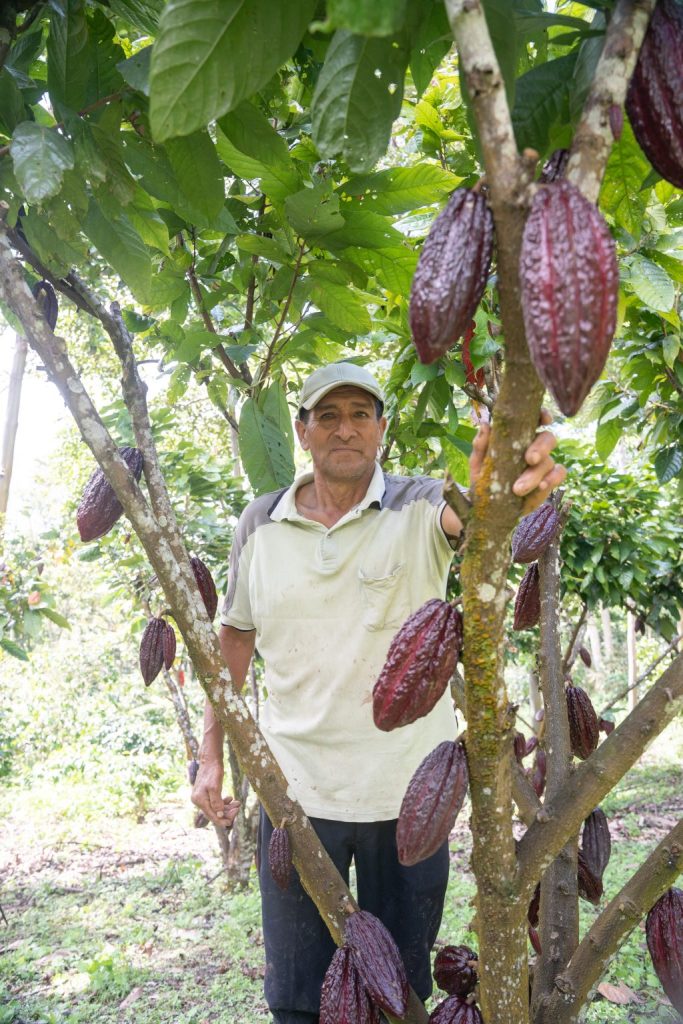
Normel Perez in his cocoa cultivation plot, located in the district of Alonso de Alvarado, San Martín region, on May 15, 2025. (Photo: Profonanpe)
Along the same lines, Moisés Fernández, a farmer from the La Colca hamlet in Nueva Cajamarca, who obtained his contract in 2023 and has forest plantations of cedar, mahogany and ecotourism potential in the area, indicated that the CUSAF provides him with formality and legal backing for access to agricultural credit and new markets. “Now we will be able to sell our production with a formal registration of our plantation, which opens up more market opportunities for us,” he said.
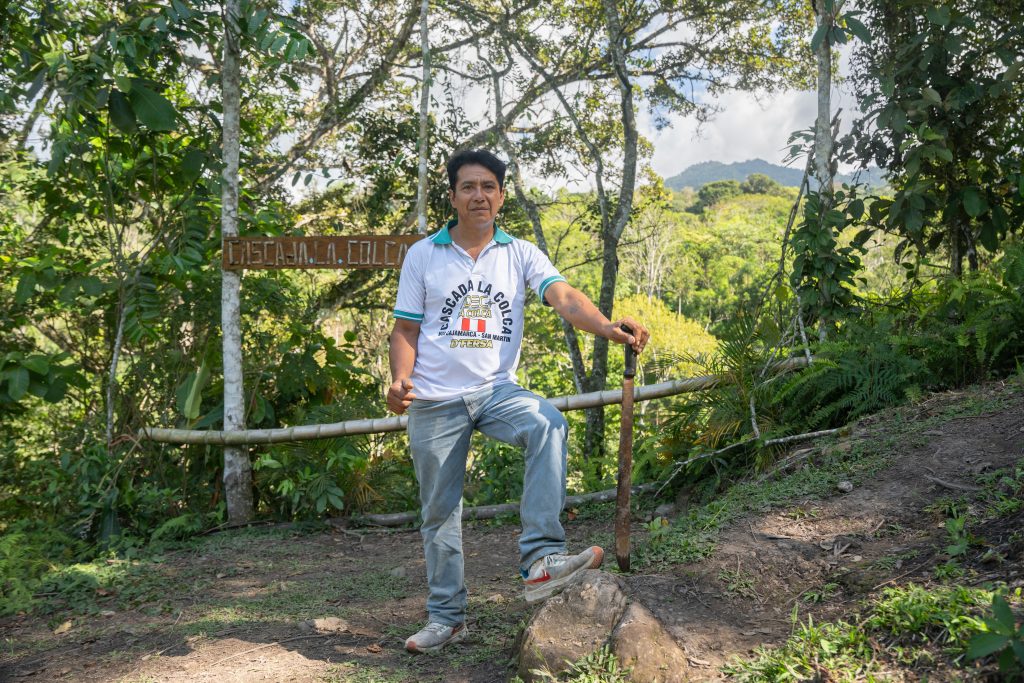
Moisés Fernández in his plot, located in La Colca hamlet, Nueva Cajamarca district, San Martín region, on May 14, 2025. (Photo: Profonanpe)
About the Joint Statement of Intent (JSI) – Phase 2
The Joint Statement of Intent is a voluntary cooperation agreement signed by the governments of Peru, Norway and Germany in 2014 to achieve the reduction of greenhouse gas emissions produced by deforestation and forest degradation. In the addendum signed for the period 2021-2025, the United Kingdom joined.
The JSI is led by the Ministry of the Environment and executed by Profonanpe as the financial mechanism, with the participation of the Ministry of Agrarian Development and Irrigation, through SERFOR; the Ministry of Culture; the regional governments of San Martín, Huánuco, Ucayali, Loreto, Amazonas and Madre de Dios; and the indigenous organizations AIDESEP, CONAP and ANECAP. It is also financed by the Norwegian Agency for Development Cooperation – NORAD. Learn more here.


